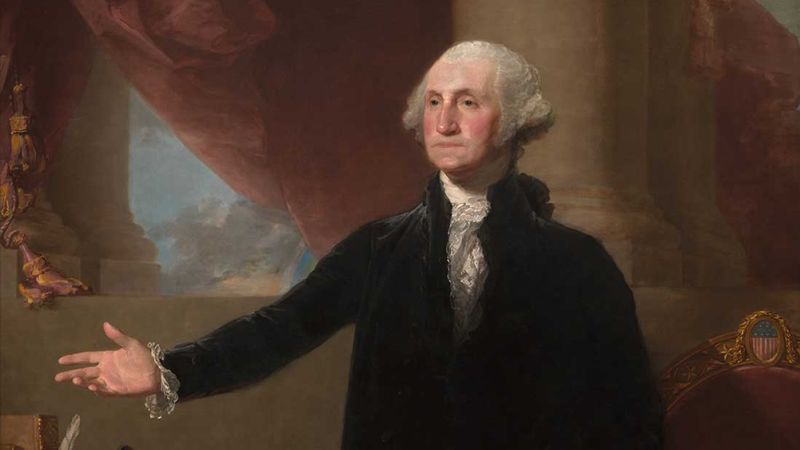Former President Donald Trump’s lawyers are searching for evidence to support “absolute immunity” for Trump from criminal prosecution, turning to George Washington’s Farewell Address for support. They argue that Washington’s warning against factions should protect Trump from prosecution for election interference. However, Washington’s full text warns against the dangers of factions leading to permanent despotism and elevating one individual over public liberty. John Avlon, an expert on Washington’s Farewell Address, sees this as a warning against putting party over country and attempting to overturn elections for personal gain, rather than a call for immunity.
In a rare move, Washington’s Farewell Address begins with the announcement that he will be giving up power, not clinging to it like Trump. Washington refers to himself as a citizen and looks forward to partaking in the benign influence of good laws under a free government. Historians like Alexis Coe view the Trump lawyers’ interpretation of Washington’s address as “bonkers,” suggesting that Washington would find ways around laws rather than seeking exemption from them. Washington believed that presidents should be replaced when deemed necessary by the people and should be held accountable for their actions in office.
Trump’s lawyers point to the fact that no other president in U.S. history has been prosecuted as evidence that presidents should not be prosecuted. However, presidential historian Doris Kearns Goodwin notes that Trump’s legal problems stem from his refusal to accept the loss of the presidency, unlike previous presidents. Meanwhile, Supreme Court justices showed deference to arguments presented by Trump’s lawyers during oral arguments. Conservative justices like Samuel Alito and Neil Gorsuch were more concerned with the implications of the case for the future, suggesting that they are writing a rule for the ages that could affect presidential immunity moving forward.
The issue of presidential immunity, while not mentioned in the Constitution or directly debated at the Constitutional Convention, remains a topic of contention before the Supreme Court. The conservative justices’ interest in creating a new immunity rule raises questions about the potential implications for future presidential actions. As the case potentially delays Trump’s prosecution and plays into his strategy of buying time until the November election, the decision by the Supreme Court could set a precedent that is not grounded in Washington’s Farewell Address or the Constitution.


